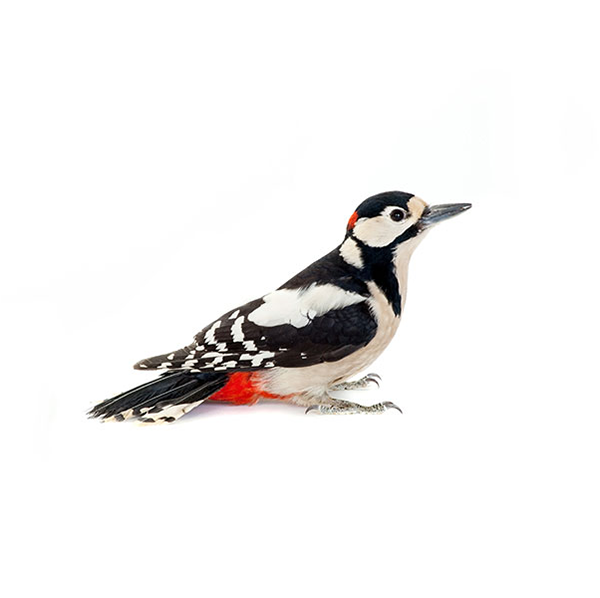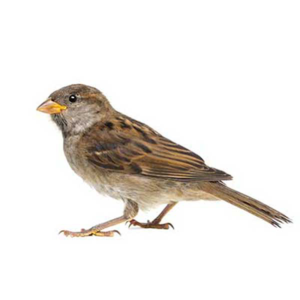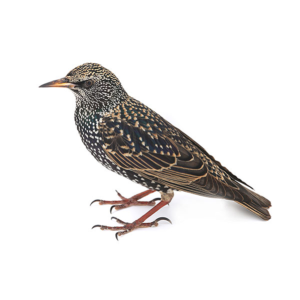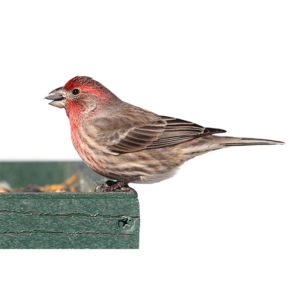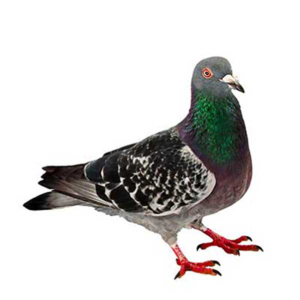Woodpeckers in Anaheim
Found throughout North America, woodpeckers are one of the most easily recognizable birds due to their unique nesting habits. Many species use their beaks to peck or drill holes into trees and other wooden structures, which creates a distinctive tapping sound. While it can be fascinating to hear a woodpecker drilling holes into a tree, their nesting behaviors can be extremely destructive – and disruptive – if they take place in your property. Springtime can be particularly difficult if you’re dealing with an infestation, as males “drum” their beaks several times throughout the day while trying to attract a mate or protect their territory.
Woodpecker Habitat
Since woodpeckers mainly nest in trees, they usually live in forested areas. However, these birds are highly selective when choosing a location for their nest, and they may also build cavities in wooden homes or buildings if it’s more easily accessible. Woodpeckers usually begin excavating their nesting holes in late April or May, which is when breeding season starts. You may also hear the distinctive tapping sound while the woodpecker feeds, proclaims its territory, or attempts to attract a mate.
Woodpecker Behaviors, Threats, or Dangers
Woodpeckers can help to limit insect populations, but they usually cause more damage than good. Their habit of drilling holes into trees can cause the trees to die over time. Woodpeckers may also cause extensive damage to your home or nearby utility poles, which can be hazardous and costly to fix. Many people also find the pecking sound disruptive, especially when it happens in the early hours of the morning.
Woodpeckers are protected by the Federal Migratory Bird Treaty Act as migratory, nongame birds. For that reason, it’s crucial to contact a licensed bird control expert if you are dealing with a woodpecker problem. A licensed professional can help you manage the problem while complying with all rules and regulations.

